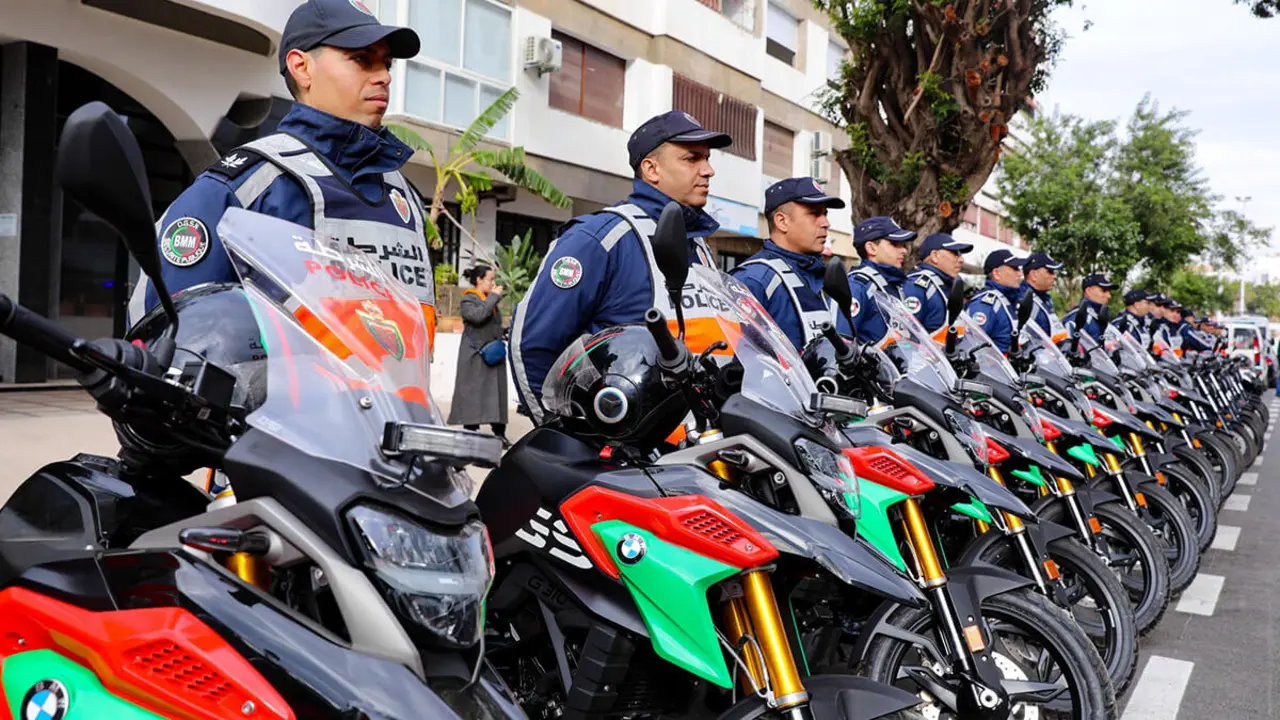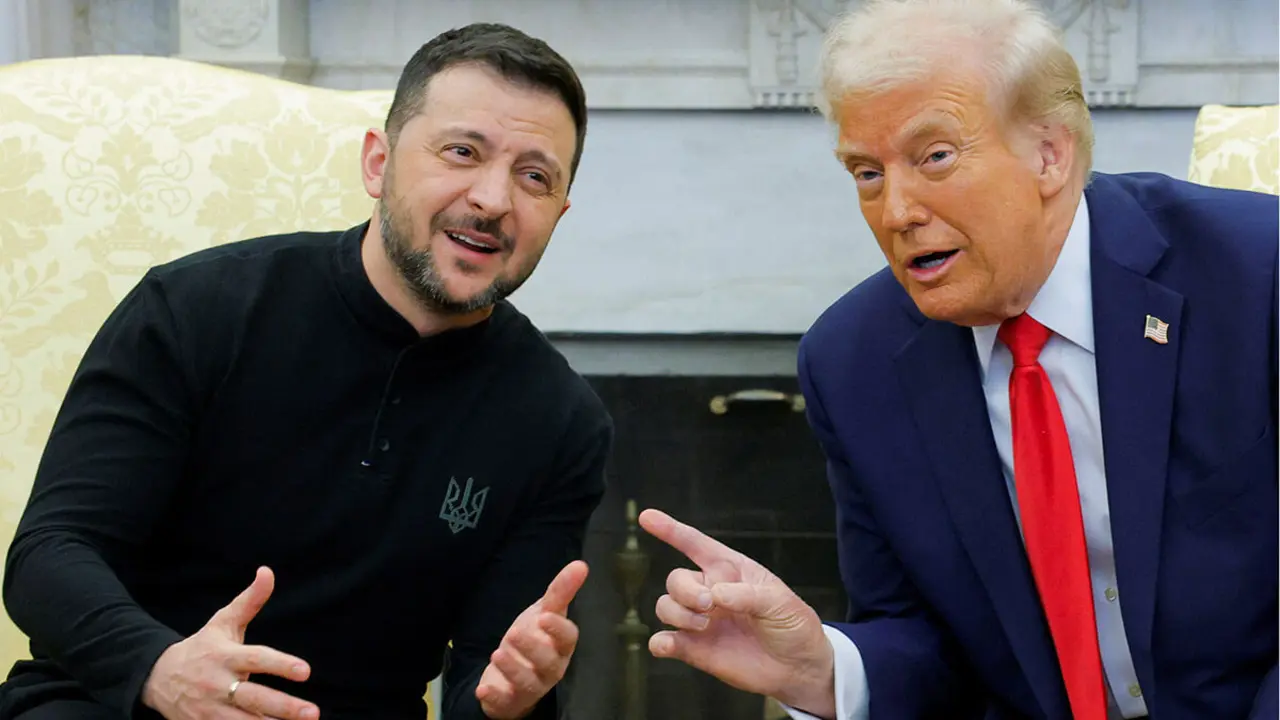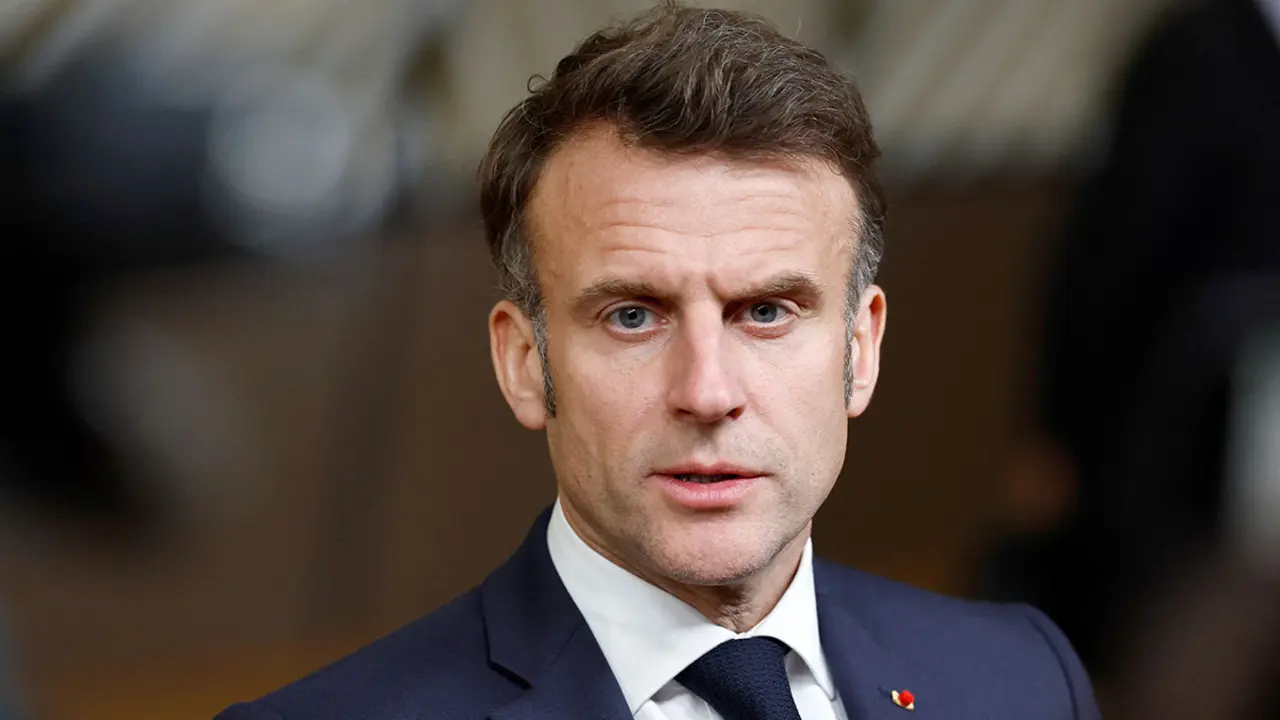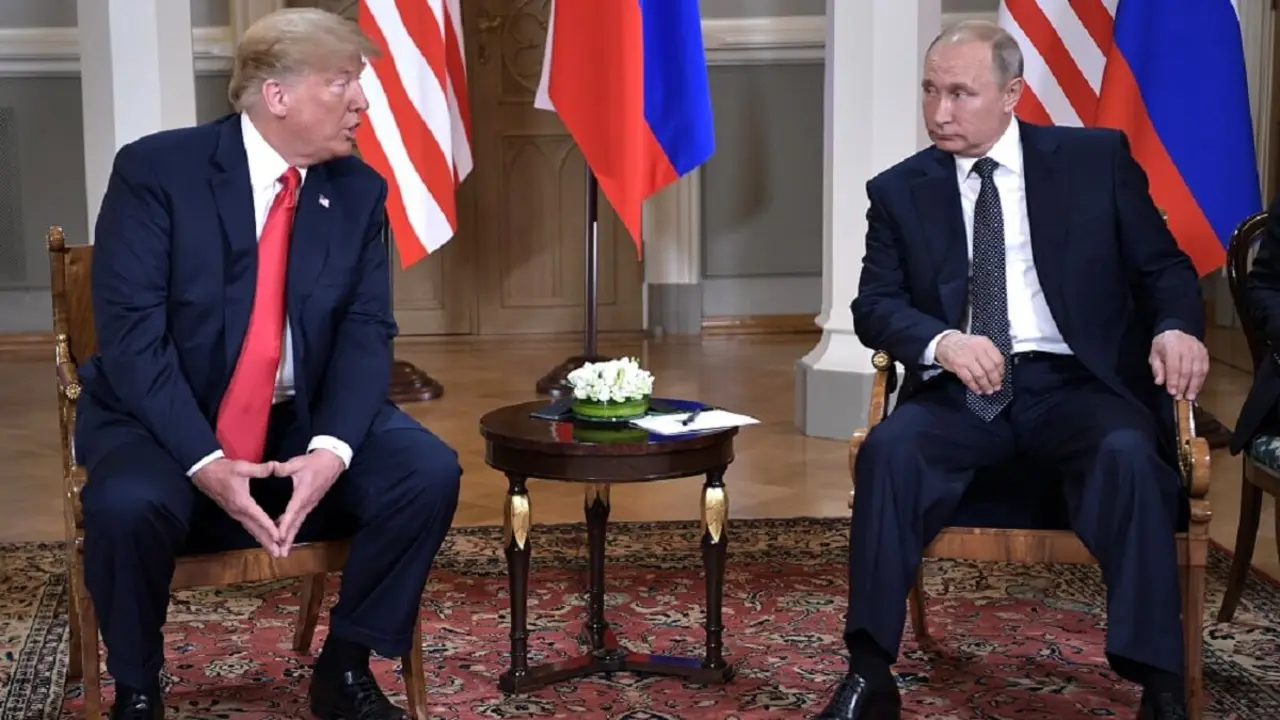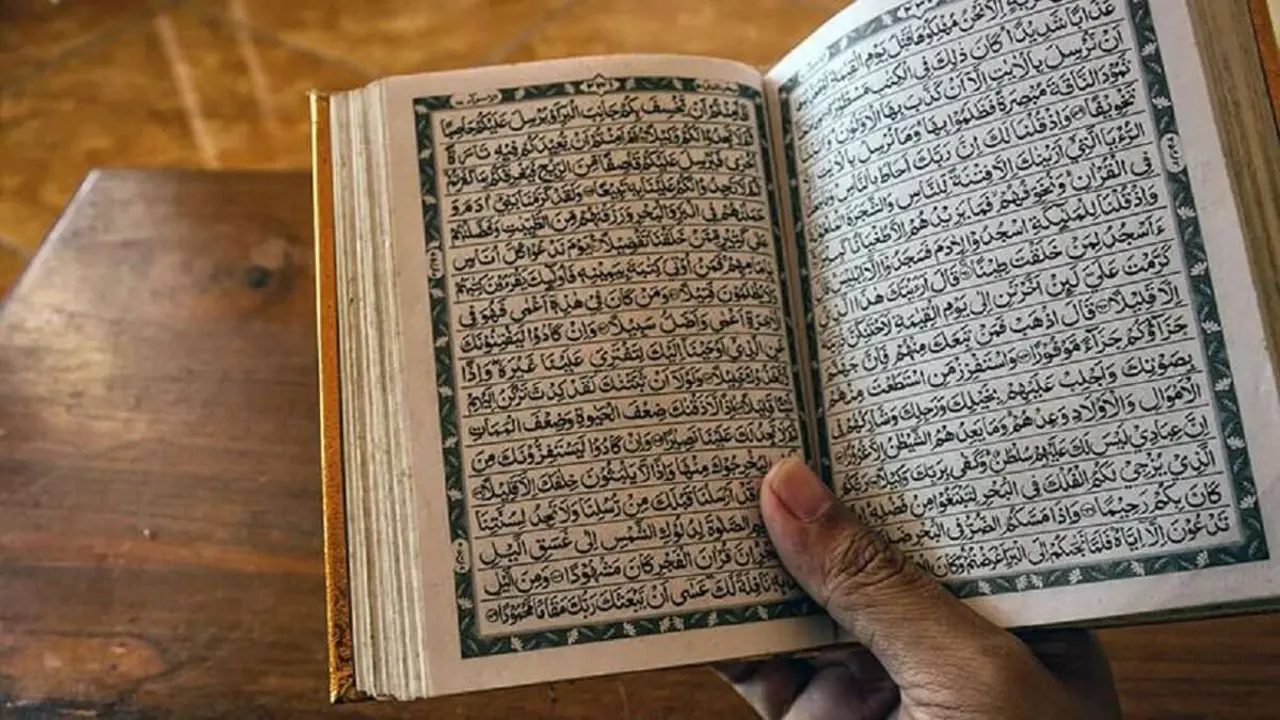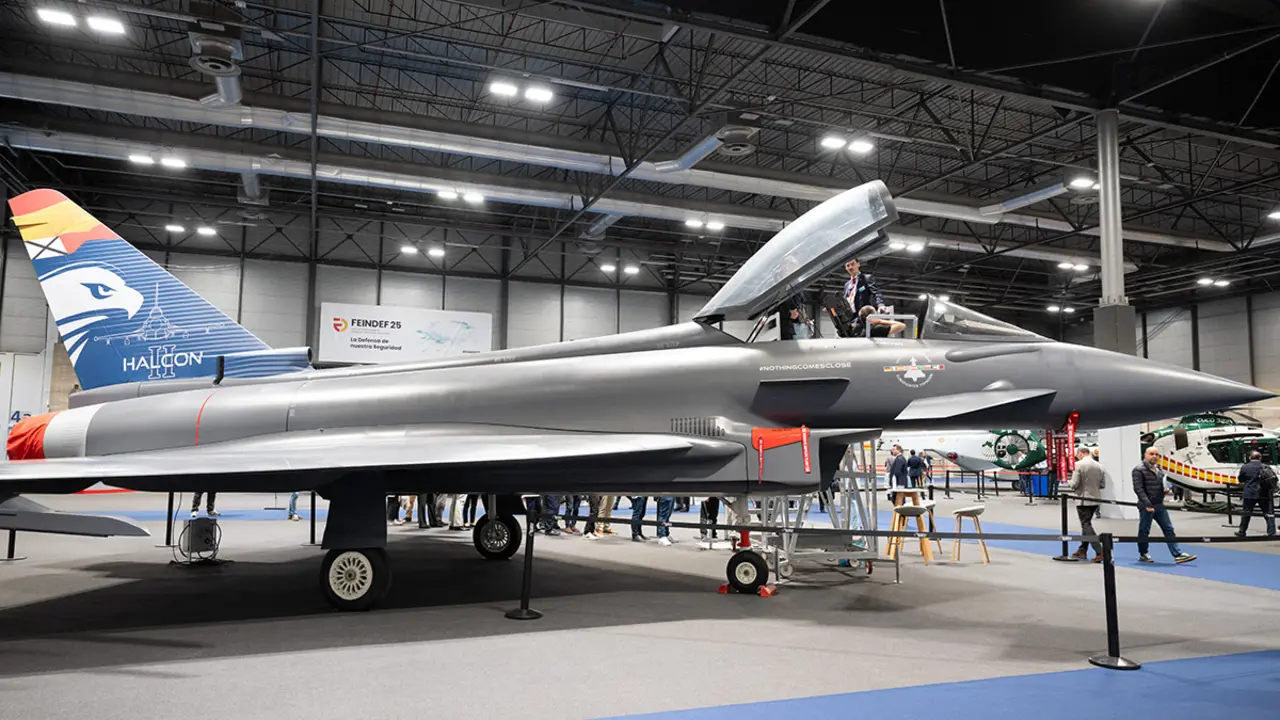Serbia receives secret shipment of Chinese missiles, and negotiates acquisition of French fighter jets

Over the weekend, six Chinese air force Y-20 aircraft carrying HQ-22 surface-to-air missiles landed at Belgrade airport, according to the Associated Press. Serbia thus becomes the first European country to receive Chinese missiles and strengthens its alliance with China. The Chinese missile system has been compared to the US Patriot and Russian S-300 missiles, although they have a shorter range than the latter.
Belgrade, China's main ally in Europe for many years, became significantly closer to the Asian giant during the coronavirus pandemic. Beijing sent medical equipment and later doses of the Chinese Shinopham vaccine to the country.
The secret Chinese missile shipment was made shortly after a phone call between Chinese Foreign Minister Wang Li and his Serbian counterpart Nikola Selakovic. According to the Chinese newspaper Global Times, Wang expressed to his partner his strong support for Serbia "in the pursuit of an independent foreign policy".

Selakovic, for his part, said Belgrade was ready "to strengthen friendship with China and work in the face of challenges". The Chinese news agency Xinhua also noted that the Serbian chief diplomat conveyed his firm support for China's sovereignty and territorial integrity, rejecting "any attempt to divide China".
Also, a day before the arrival of the Chinese missiles, President Aleksandar Vucic announced that the Serbian army's "newest pride" would soon be unveiled, AP reports. Delivery of the missile system was agreed with China in 2019. A year later, in 2020, Serbia received Chinese Chengu Pterodactyl-1 drones, capable of attacking targets with bombs and performing reconnaissance tasks, as the news agency explains.

This shipment represents a new rift between Serbia and Western countries, especially the United States. In 2012, the European Union granted Serbia official candidate country status. However, Washington has warned Belgrade against acquiring Chinese and Russian military equipment. In 2020, US officials indicated that if Serbia really wants to join the EU and other Western alliances, it should align its military equipment with Western standards.

The Balkan country is in talks to buy 24 French Rafale fighter jets, according to Bloomberg. Vucic announced his government's intention to buy such military aircraft manufactured by Dassault Aviation. The Serbian president revealed two negotiations in this regard: one to purchase 12 new Rafale fighters and the other 12 second-hand ones.
The Rafale fighters would allow Serbia to renew and modernise its air force, which is currently based on Soviet-made MiG-21 and MiG-29 fighters, as well as several old Yugoslav Soko J-22 Orao and Soko G-4 Super Galeb fighters.

Vucic has also recently spoken with Turkish President Recep Tayyip Erdogan about Bayraktar drones, used in various theatres of war such as Libya, Nagorno-Karabakh and, most recently, in Ukraine. "In a meeting with Turkish President Erdogan, I told him that we want to buy Bayraktar drones and Erdogan promised me that we can get them," the Serbian leader said, according to the Turkish government newspaper Daily Sabah.
Since the beginning of the Russian invasion of Ukraine, Serbia has maintained a very different stance from other European countries. Belgrade has not joined the economic sanctions imposed against Moscow as it considers 'it is not in its vital interest to introduce sanctions against any state'. Serbia declared itself neutral in 2007, although it has traditionally had close ties with Russia.

The Balkan nation, like many other European countries, is heavily dependent on Russian gas. But bilateral relations go beyond the energy sphere. The Russian and Serbian armies have conducted joint military exercises, while politically Moscow supports Serbia's territorial integrity and does not recognise Kosovo as an independent country, which most European countries do.

In this regard, a large part of the Serb population has expressed support for Russia since the war in Ukraine began. At demonstrations Serbian nationalist groups, such as the Bosnian Serb branch of the 'Night Wolves', have backed the Russian invasion, arguing that the conflict is a "legitimate battle to liberate the subjugated people [of Ukraine]", reports Euronews journalist Aleksandar Brezar. "Russia is not at war with Ukraine, it is at war with the dark Euro-Atlantic forces that want to dominate the world and destroy it," a pro-Russian protester told Brezar.
Pro-Russian protests were held today in Banjaluka, the center of Bosnia’s Serb-majority entity and organized by local members of the Night Wolves — a motorcycle club that participated in the occupation of Crimea, often referred to as “Putin’s Angels.” pic.twitter.com/6r4SOmcNWr
— Una Hajdari (@UnaHajdari) March 12, 2022
On 24 March, coinciding with the anniversary of NATO's bombing of Serbia and in the midst of the war in Ukraine, hundreds of people took to the streets to express their rejection of the North Atlantic Alliance.

The strong affinity of the Serbian population towards Russia is reflected in the harassment of journalists and media reporting on the conflict in Ukraine. Radio Free Europe has collected testimonies from reporters who have been threatened by Serb nationalist groups who support Moscow's 'special operation'.



